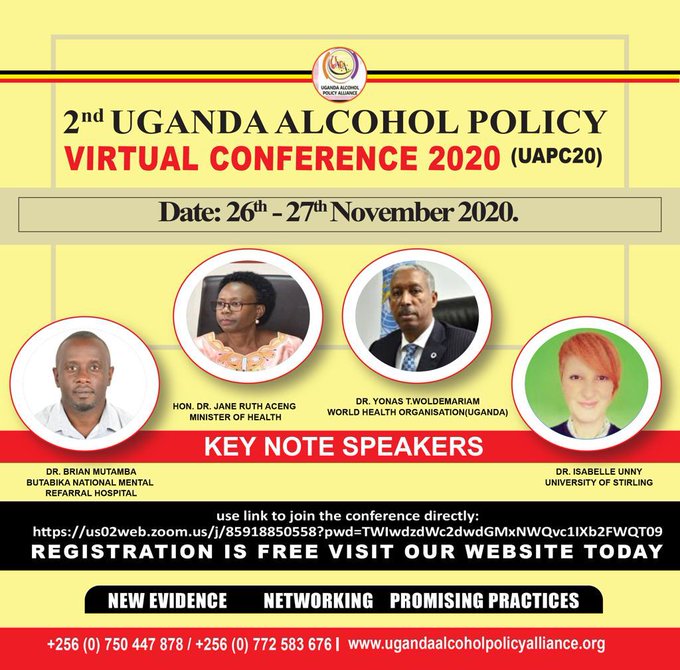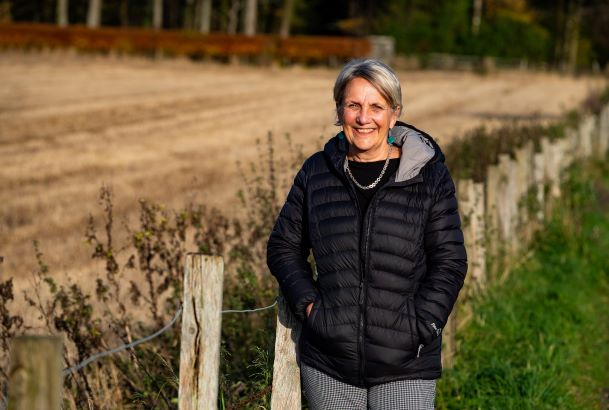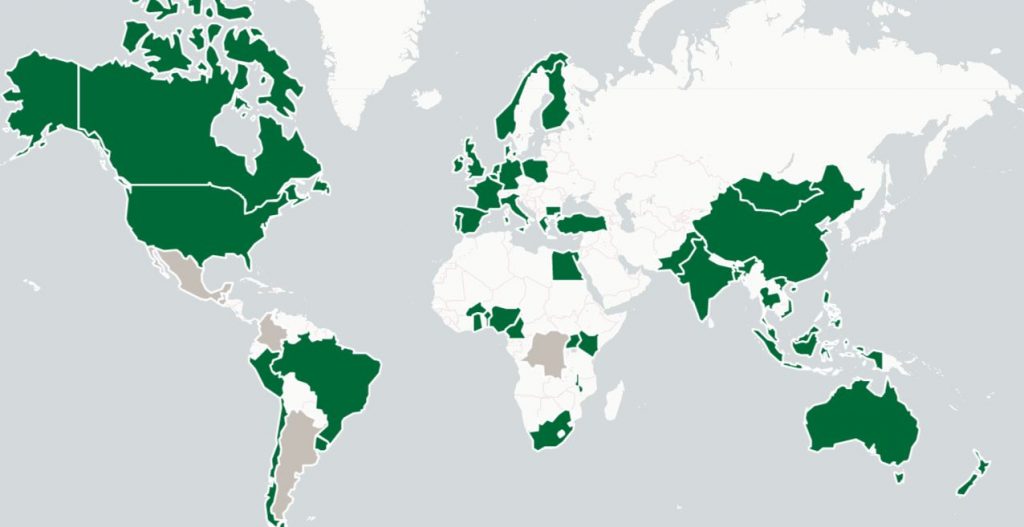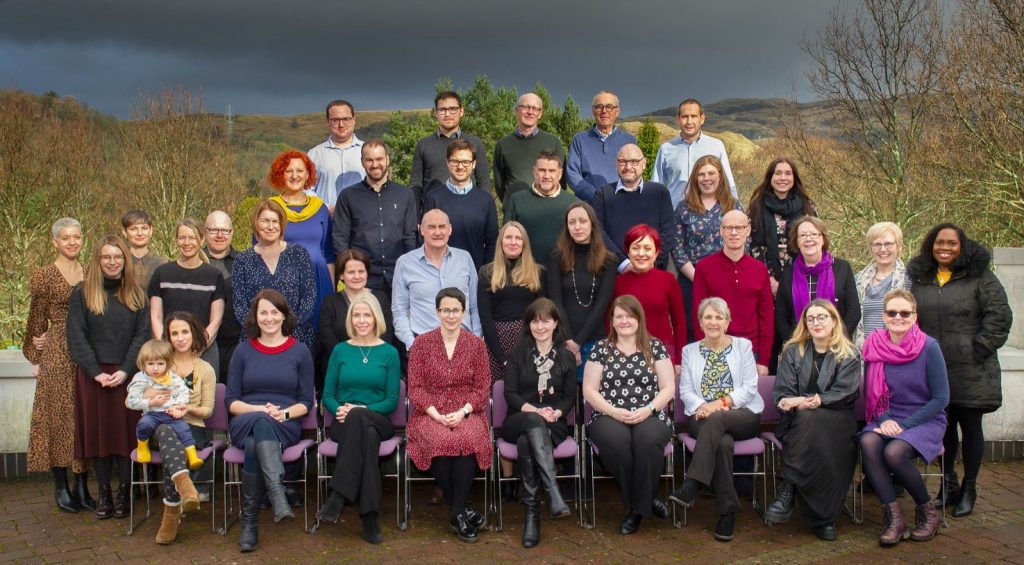Mitigating alcohol harm in Sub-Saharan Africa

ISMH’s Dr Isa Uny presented to and attended the 2nd UGANDA ALCOHOL POLICY (VIRTUAL) CONFERENCE (UAPC20)“Mobilising Partnerships and Community Action for A Society Free from Alcohol Harm” on 27th November. The Conference was attended in Uganda and virtually by 120 global delegates from Governments, NGOS, and other alliances working to minimise harmful alcohol consumption. Isa introduced ISMH’s upcoming AHRC funded study “Regulating alcohol packaging and supply to protect health in Sub-Saharan Africa: evidence from policy systems in Malawi and Uganda”. This project will explore the recent ban of alcohol sachets in Malawi and Uganda (alcohol sachets are small and cheap and have led to harmful consumption amongst the poorest in both countries). Through stakeholders interviews and community focus group discussions, the project will aim to understand: the adoption and formulation of the bans; what mechanisms for implementation were proposed and put in place; how the bans were enforced in practice; and any explanations for intended and unintended consequences of the bans. The outline of the project was well received by those present at the conference and Isa made some useful contacts ahead of starting the project in 2021 (#UAPC20).
Football fans in training
Professor Kate Hunt, one of ISMH’s behaviour change experts, was mentioned in an article on male weight loss in the Daily Telegraph last week. Much of Kate’s work over the past decade has focussed on gender and health, and she commented on her research on how group settings and the pursuit of goals can help inspire men to weight-loss where traditional regimes tend to fail. Kate explained details about her study of the Football Fans in Training (FFIT) scheme in Scotland, in which overweight men lost on average 5.6kg through weekly football games led by coaches at professional clubs, group support, and no-nonsense food advice.

You can read more of the article in the Daily Telegraph (paywall) from the 27th November, or you can access one of the papers on the FFIT study published in the International Journal of Environmental Research and Public Health published earlier this year.
Global work
The team at the Institute for Social Marketing & Health carry out a wide range of studies on alcohol, tobacco, and other environmental and lifestyle factors that impact on health and disease. Much of our work is within Scotland and the rest of the UK, but a growing percentage of our research is carried out with colleagues and collaborators across the globe. We sat down on Monday to look at our global impact and produced a long list of current projects that we lead or contribute to, and recent journal publications involving international partnerships. To name but a few, we are involved in studies on: alcohol marketing in Uganda and Malawi; how to encourage smoking parents to create a smoke-free home in Malaysia; health warnings on cigarettes in India; and gathering data on air pollution levels using low-cost instruments in Gambia, Nigeria and Kenya. In total we have ongoing or planned collaborations in 51 countries across six continents (we’re yet to do work in Antarctica!)

The work we do at ISMH is internationally important. Get in touch if you want to know more.
The ISMH blog
The Institute for Social Marketing & Health welcomes you to our new way of sharing news from our group: from new research projects to hot-off-the-press results. We hope to provide an update at least once per week and will use this blog to highlight particular work over the course of the year. Where possible we’ll share slides and presentations from our Team Meetings, and keep you informed about other conference presentations and publications. We also have a twitter feed @ismh_uos which can be viewed here. Please get in touch if you’re interested in the work we do. We’re always happy to talk about our amazing research!

